Producing a successful PhD synopsis is crucial in establishing a good foundation for your research experience. Producing a good synopsis requires more than just providing ideas; it has to convey the significance of your research, methodology, and potential contributions in a clear and concise fashion.
1. Learn the Purpose of a PhD Synopsis
A PhD synopsis is a brief, initial summary of your research area, methodology, and goals. It is a guide for your dissertation and allows the committee to determine the feasibility, relevance, and contribution of your project to the academic community.2. Begin with a Strong, Clear Title
The title must be
descriptive of your research and specific enough for the reader to have an idea
of the scope of your study. A good title is an initial impression that can also
help make your synopsis better than others.
3. Present a Strong Background and Justification
Your introduction needs to provide background for your research question. State why the research topic matters and how it fills a gap in the literature. Tip: Position your research within a theoretical or historical framework in order to defend its relevance. Mention major trends, controversies, or developments within the field justifying the research.4. Define Your Research Problem and Research Aims
A well-defined and concentrated research problem is essential. Steer clear of vague, general problems that are hard to address. Pro tip: Refine your research question to a specific but significant one, making sure it's new and adds value to the discipline. Your research goals should directly emanate from the problem.Example:
"What is the
contribution of digital literacy to improving the quality of student learning
outcomes in online learning?"
5. Write a Strong Literature Review
Summarize
pertinent academic literature addressing your research question. This indicates
that you know the existing academic debate and carefully chosen which pieces of
the literature to build upon. Identify fundamental gaps that your research aims
to bridge.
Professional tip:
Be synthesizing over summarizing prevailing research. Illustrate how your work
will expand the frontiers of existing knowledge.
6. Methodology: Define Your Approach
Explain research method that you will use, including qualitative or quantitative, research design, data collection methods, and analysis plans.Expert tip: Be specific and realistic in your methodology. Make sure it is aligned with your research problem and goals.
• Qualitative: Interviews, case study,
ethnography, etc.
• Quantitative: Experiments, surveys, statistical data, etc.
Explain why the
selected method is most appropriate for solving your research issue. If you're
employing mixed methods, explain how both methods will complement each other.
7. Emphasize Expected Outcomes and Contributions
Here, you should
describe the possible contributions your research will have to the academic
world and society. Will it address a real-world issue? What new knowledge or
theoretical insights will be generated?
Expert advice: Emphasize the long-term effect your research may have in
influencing policy, industry behavior, or other scholarly research.
8. Sketch out the Timeline for Your PhD
A well-structured, clearly outlined timeline shows that you're organized and can get the research done within the given time frame. Divide your PhD process into stages, for example:• Literature review, narrowing down research questions
• Data collection, initial analysis
• Final analysis, dissertation writing
Give an estimated date of completion for each stage, ensuring that your timeline is realistic and feasible.
9. Demonstrate Feasibility: Resources and Budgeting
Explain the
resources (data, tools, or software) you'll need for your research and how
you'll obtain them. If necessary, provide a brief research activity budget
estimate, including fieldwork or travel costs.
Expert tip:
Showing that you've thought through every logistical detail makes your proposal
more credible.
10. Identify Potential Challenges and Ethical Issues
A good synopsis also recognizes potential risks and challenges. Whether it is limitations in your methodology, access problems with data, or ethical concerns, mention briefly how you will address these challenges.Ethical concerns: Describe how you will protect participants' rights, conduct ethical research, and comply with institutional review board (IRB) standards.
11. Summarize with a Clear Impact Statement and Conclusion
Summarize your research goals, principal findings, and possible contributions at the conclusion. This must be a reiteration of the relevance and viability of your study.
Pro tip: End your synopsis with a statement on the possible impact of your research. Will it impact policy? Offer solutions to urgent issues? Affect subsequent research? Communicating the wider influence can make your synopsis more engaging.
Synopsis PhD Research Project
The synopsis is the template for your PhD thesis work, and it requires thoughtful planning and professional advice. The synopsis needs to justify the merits of your research proposal and convince the authorized committee to approve the study. A poor quality of draught will lead to proposal rejection and a total waste of money and time. To come up with a synopsis report of professional standards, the job requires heavy planning and experienced writing expertise. Therefore, hiring the services of a credible professional to write the synopsis as well as complete the proposal within time is highly recommended.
PhD Holders of our pool of experts who are capable of writing a good PhD paper in an orderly fashion. We not just spend time on a writing work, but also make sure you can easily defend your work. From the selection of dissertation subject to writing and understanding it, our PhD experts, research advisors, postdoctoral fellows, and M.D.s with solid research experience, will assist you throughout the entire process to get your PhD dissertations done successfully and defended easily.
Please entrust the task to us. We will assist you in creating a great thesis proposal. Our PhD experts possess vast experience and thorough knowledge of every chapter of PhD Synopsis projects and are able to create your bespoke report after having a thorough understanding of your basic research assistance needs. We learn more about you and adjust our service to suit your specific needs.
Our expert course authors at PhD Help possess vast expertise in specialized disciplines such as research methods, statistical analysis using advanced software like SPSS, statistical critique, citation critique, and more. Our course authors possess industry-standard credentials along with exceptional skills and talent in presenting sophisticated concepts in simple and concise writing. It is of utmost importance that you adhere to the content structure advised by your institution when preparing research-related documents. Although you might be acquainted with the composition and structure of a thesis, you should equally know that your summary has an identical structure. If you divert from this regular format, your paper will most likely be turned down.
What is the Best Format for a Synopsis?
The structure of a PhD abstract could vary from institution to institution. Except for subtle differences, the overall structure is almost the same. In general, you have to follow this structure:
The title of your thesis or dissertation.
Introduction (two to three pages)
Literature review
Your project aim and hypotheses
Your work strategy or methodology
Bibliography or references
Conclusion
Our editors not only help you correct the mentioned shortcomings in your PhD summary structure, but also help you organize your work within the word limits and under different sections. They make sure that you adhere to all of your institution's guidelines for formatting. Our APA formatting experts who are our editors know a range of professional formatting requirements and can assist you in proper citation of your sources. Our services guide you in presenting an attractive and concise summary within deadlines.
Final Success Tips
• Be Informative, But Concise: Make your synopsis clear and concise. Be brief in language but communicate all the important details.
• Use Clear, Structured Language: Be professional in your language, but also ensure it's clear. Avoid any special languages likely to confuse a broader audience.
• Proofread: Make sure that your synopsis outline should free from grammatical mistakes, typos, and inconsistencies. A good-looking, well-written document will always make a perfect impression.
By adopting these expert-approved strategies, your PhD synopsis will be an effective instrument in defining your research journey and persuading the committee of the potential of your research.

 PhD in Electrical Engineering: Research & Writing Support
PhD in Electrical Engineering: Research & Writing Support  Which are the Best PhD Assistance and Dissertation Writing Services in India?
Which are the Best PhD Assistance and Dissertation Writing Services in India?  How to Choose a PhD Research Domain: EEE, ECE, or CSE?
How to Choose a PhD Research Domain: EEE, ECE, or CSE?  The Ultimate PhD Toolkit for EEE, ECE and CSE Students
The Ultimate PhD Toolkit for EEE, ECE and CSE Students  Publication Success in EEE, ECE, and CSE: Expert Tips for Engineering Scholars
Publication Success in EEE, ECE, and CSE: Expert Tips for Engineering Scholars  Your PhD Guide to Multi-Disciplinary Research in Engineering and Technology
Your PhD Guide to Multi-Disciplinary Research in Engineering and Technology  Top PhD Topics across EEE, ECE, and CSE: Bridging Innovation and Impact
Top PhD Topics across EEE, ECE, and CSE: Bridging Innovation and Impact  Top Embedded Systems Projects for Engineering Students
Top Embedded Systems Projects for Engineering Students  Crafting the Future of Tech: PhD Research Trends in Software Engineering
Crafting the Future of Tech: PhD Research Trends in Software Engineering  From Algorithms to Applications: Comprehensive PhD Support for CSE Students
From Algorithms to Applications: Comprehensive PhD Support for CSE Students  Cybersecurity and Blockchain: Pioneering Research Areas for PhD Scholars
Cybersecurity and Blockchain: Pioneering Research Areas for PhD Scholars  The Art of Writing High-Impact Research Papers in CSE Domains
The Art of Writing High-Impact Research Papers in CSE Domains  AI, ML, and Big Data: Emerging PhD Topics in CSE to Watch
AI, ML, and Big Data: Emerging PhD Topics in CSE to Watch  Top Research Trends in Electrical Drives for Aspiring PhD Scholars
Top Research Trends in Electrical Drives for Aspiring PhD Scholars  Transforming Ideas into Impact: Dissertation Help for EEE Scholars
Transforming Ideas into Impact: Dissertation Help for EEE Scholars  Navigate Your PhD with Confidence: Comprehensive Assistance Every Step of the Way
Navigate Your PhD with Confidence: Comprehensive Assistance Every Step of the Way  ECE Dissertation Success: Expert Tips for Writing and Publishing your Academic Success
ECE Dissertation Success: Expert Tips for Writing and Publishing your Academic Success 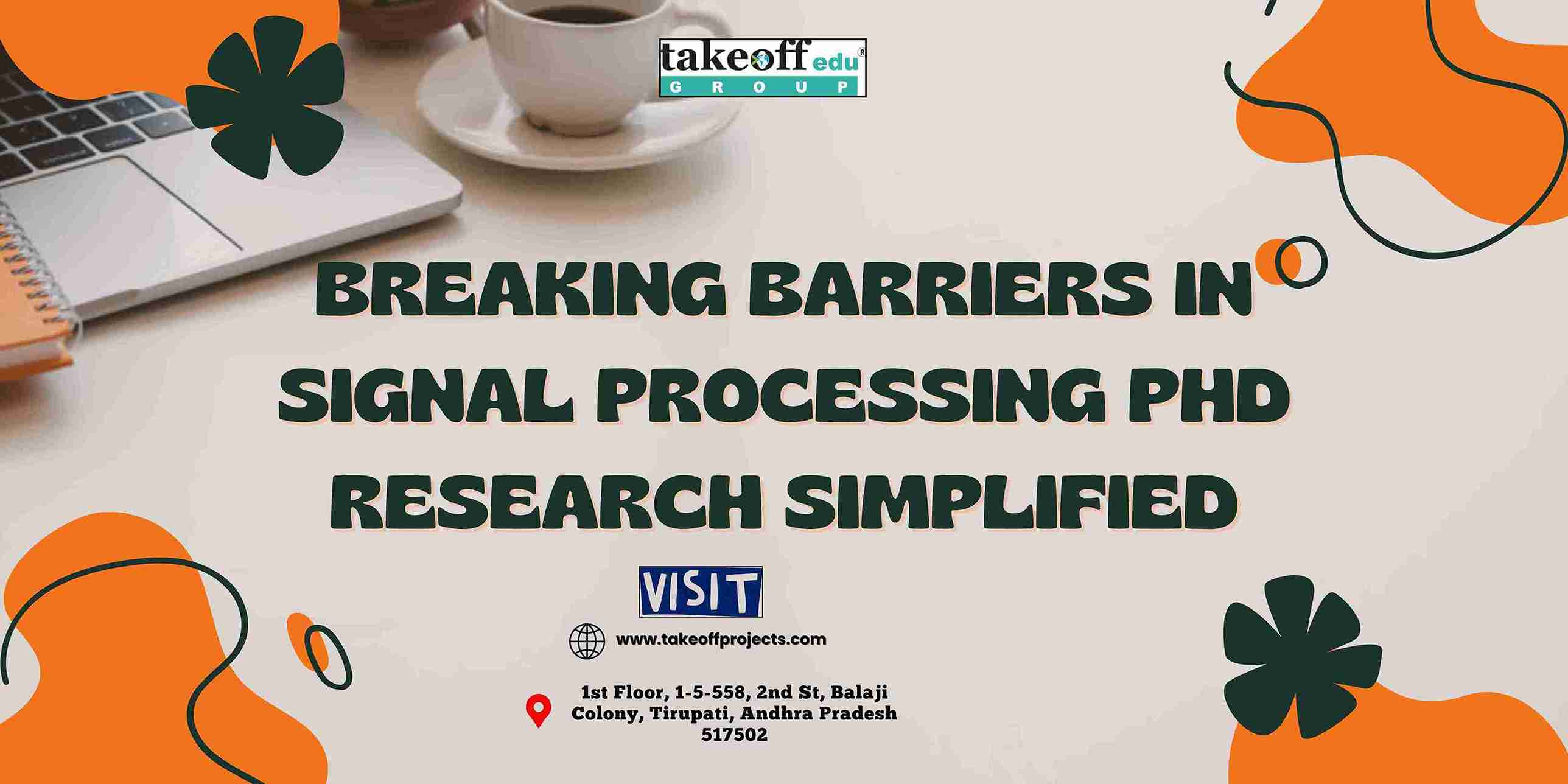 Breaking Barriers in Signal Processing: PhD Research Simplified
Breaking Barriers in Signal Processing: PhD Research Simplified  Building the Next-Gen Tech: A Guide to ECE Research and Publication
Building the Next-Gen Tech: A Guide to ECE Research and Publication  From Circuits to Control Systems: Navigating EEE Research with Expert Guidance
From Circuits to Control Systems: Navigating EEE Research with Expert Guidance  From Data to Discovery: Quantitative Analysis That Drives Results
From Data to Discovery: Quantitative Analysis That Drives Results  Future of IoT and Wireless Communication: Top PhD Opportunities in ECE
Future of IoT and Wireless Communication: Top PhD Opportunities in ECE  Top PhD Topics Energy Management in Power Electronics
Top PhD Topics Energy Management in Power Electronics  Exploring VLSI Design and Embedded Systems: Winning Research Topics for ECE Scholars
Exploring VLSI Design and Embedded Systems: Winning Research Topics for ECE Scholars  Writing with Purpose: How to Create Engaging Seminar Papers That Stand Out
Writing with Purpose: How to Create Engaging Seminar Papers That Stand Out  Unlocking Publication Success: Your Guide to High-Impact Journal Articles
Unlocking Publication Success: Your Guide to High-Impact Journal Articles  Mastering Energy Management: Top PhD Topics in Power Electronics
Mastering Energy Management: Top PhD Topics in Power Electronics  PhD Topic Selection Simplified: Choosing What Matters Most to You
PhD Topic Selection Simplified: Choosing What Matters Most to You 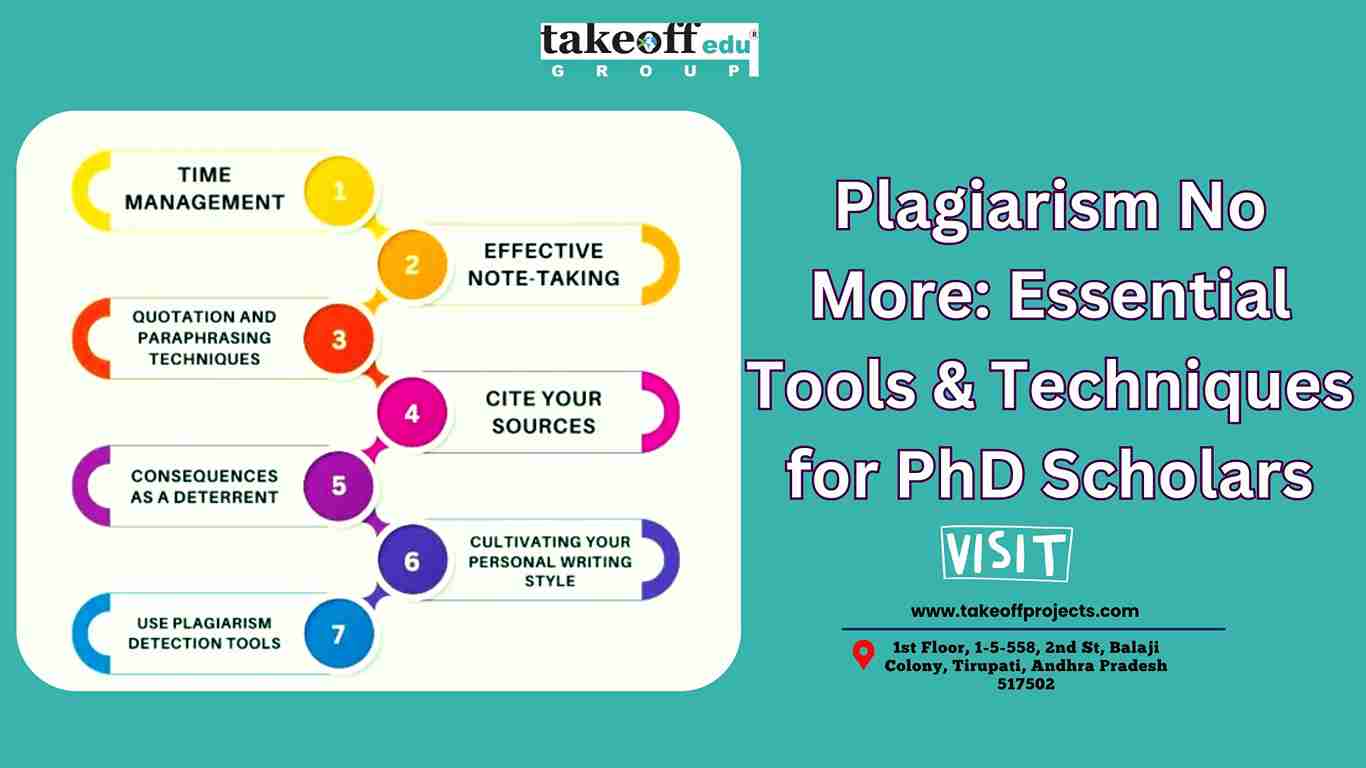 Plagiarism No More: Essential Tools and Techniques for PhD Scholars
Plagiarism No More: Essential Tools and Techniques for PhD Scholars 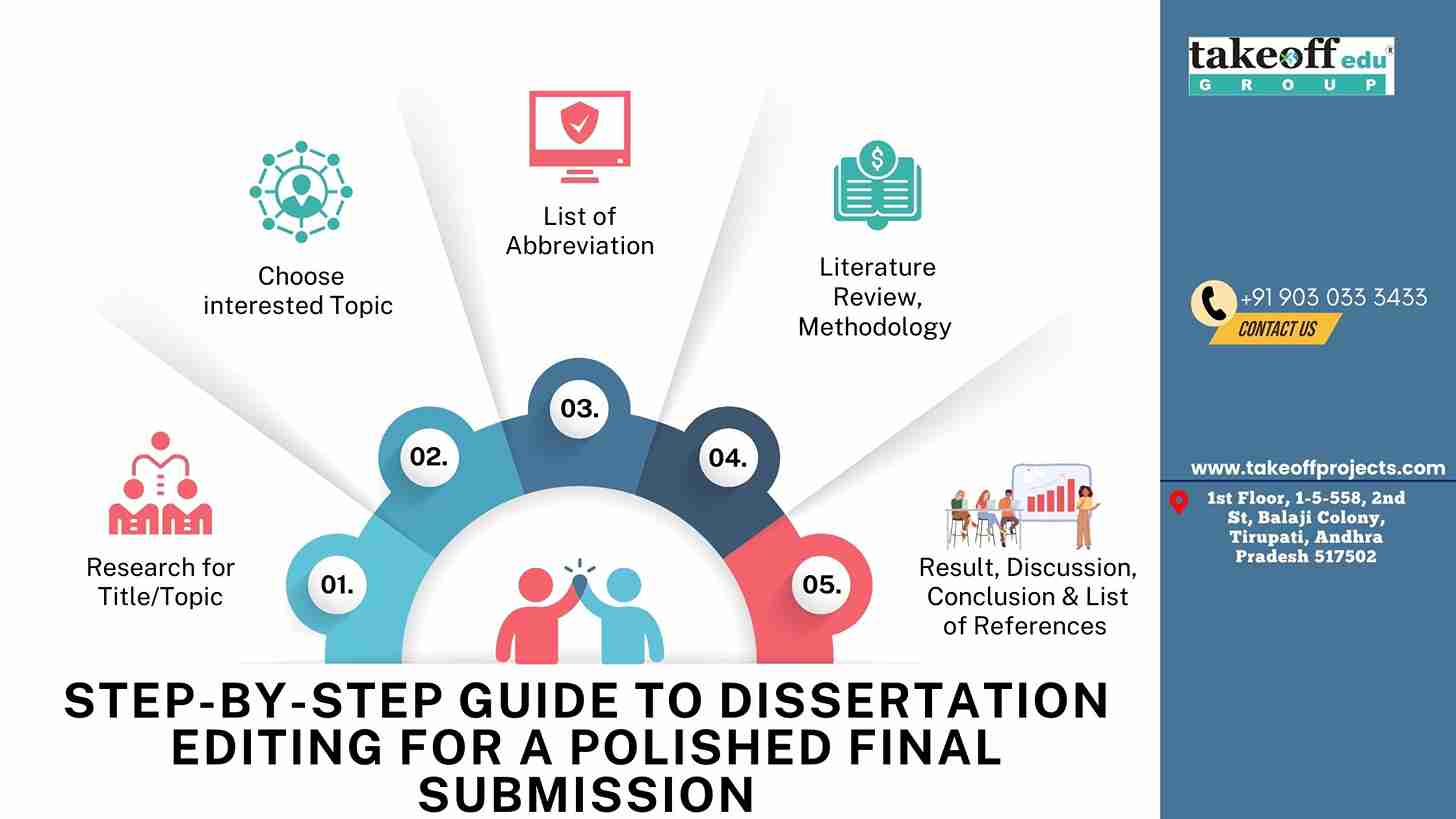 Step-by-Step Guide to Dissertation Editing for a Polished Final Submission
Step-by-Step Guide to Dissertation Editing for a Polished Final Submission 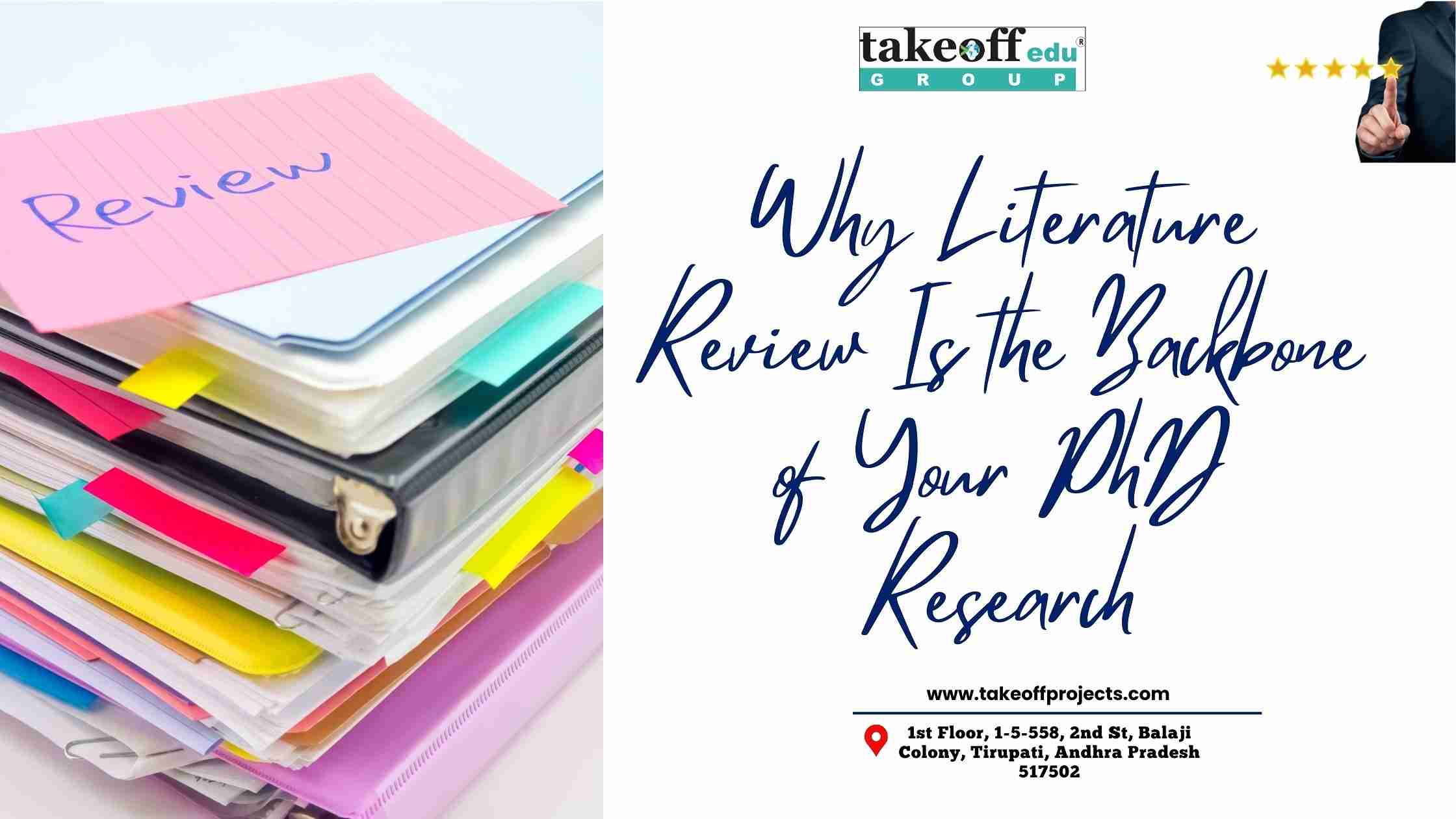 Why Literature Review Is the Backbone of Your PhD Research?
Why Literature Review Is the Backbone of Your PhD Research?  Accelerate Your Research: Software Implementation Made Easy for PhD Students
Accelerate Your Research: Software Implementation Made Easy for PhD Students  Stress-Free PhD Viva Voce Preparation: Expert Tips to Impress Examiners
Stress-Free PhD Viva Voce Preparation: Expert Tips to Impress Examiners  Transforming Data into Insights: Qualitative and Quantitative Analysis Explained
Transforming Data into Insights: Qualitative and Quantitative Analysis Explained  The Art of Problem Identification: Laying the Foundation for PhD Success
The Art of Problem Identification: Laying the Foundation for PhD Success 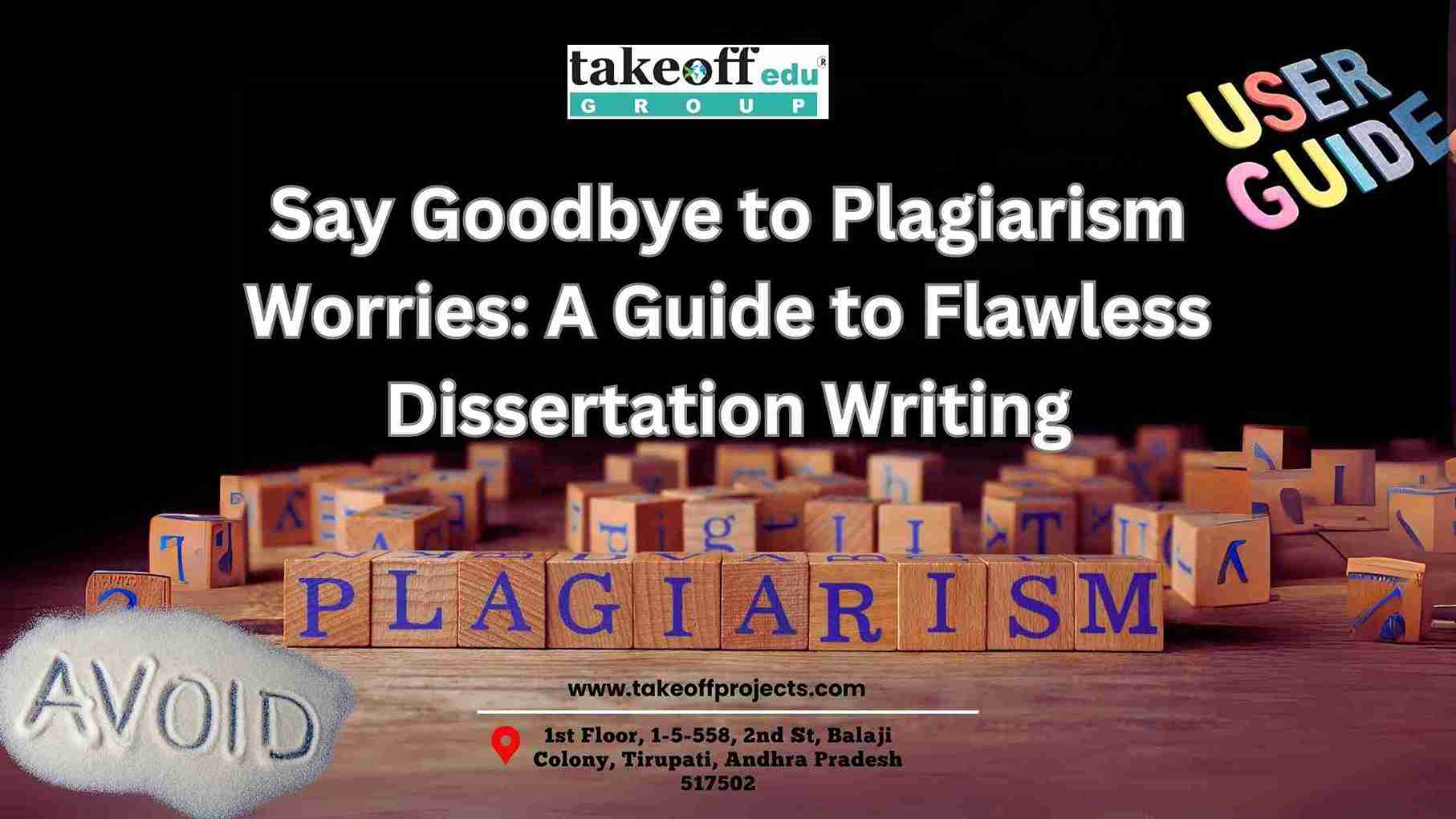 Say Goodbye to Plagiarism Worries: A Guide to Flawless Dissertation Writing
Say Goodbye to Plagiarism Worries: A Guide to Flawless Dissertation Writing  From Idea to Impact: Crafting High-Quality Conference and Seminar Papers
From Idea to Impact: Crafting High-Quality Conference and Seminar Papers  Crack the Code of Successful Publications: Comprehensive PhD Support
Crack the Code of Successful Publications: Comprehensive PhD Support  Top Strategies for Writing a Journal Ready Manuscript with Zero Plagiarism
Top Strategies for Writing a Journal Ready Manuscript with Zero Plagiarism  How to Nail Your PhD Research Proposal: Tips from the Pros
How to Nail Your PhD Research Proposal: Tips from the Pros  Understanding the Basics of Power Systems: A Comprehensive Guide
Understanding the Basics of Power Systems: A Comprehensive Guide  Turn Research Challenges into Opportunities: Expert PhD Consultation Services
Turn Research Challenges into Opportunities: Expert PhD Consultation Services 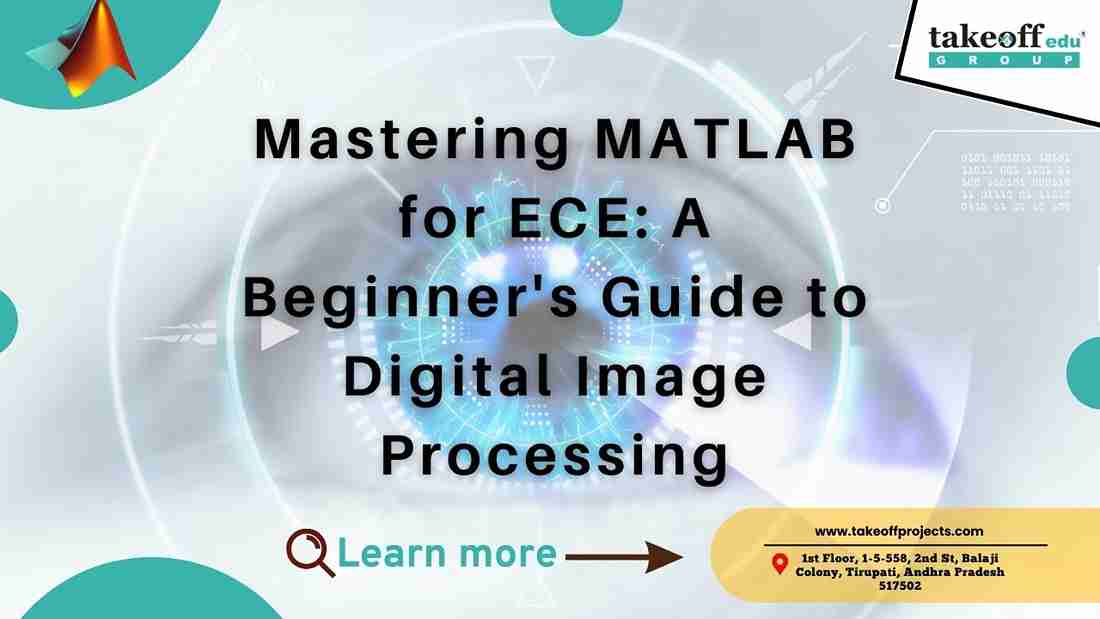 Mastering MATLAB for ECE: A Beginner's Guide to Digital Image Processing
Mastering MATLAB for ECE: A Beginner's Guide to Digital Image Processing  Mastering Your PhD Journey: From Topic Selection to Dissertation Success
Mastering Your PhD Journey: From Topic Selection to Dissertation Success  Assignment Writing Service
Assignment Writing Service  PhD Research Assistance
PhD Research Assistance  PhD Thesis Writing Services
PhD Thesis Writing Services 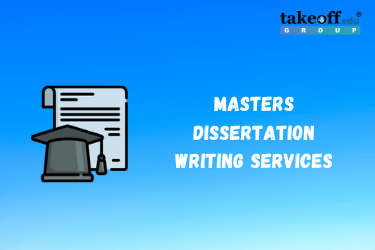 Masters Dissertation Writing
Masters Dissertation Writing 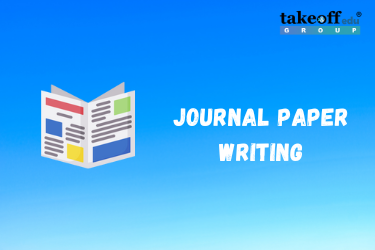 Journal Paper Writing
Journal Paper Writing 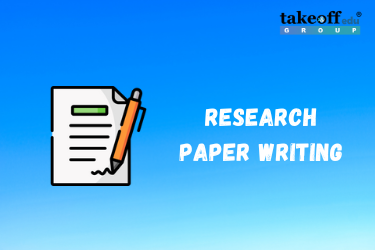 Research Paper Writing Services
Research Paper Writing Services 
 Paper Publishing
Paper Publishing


